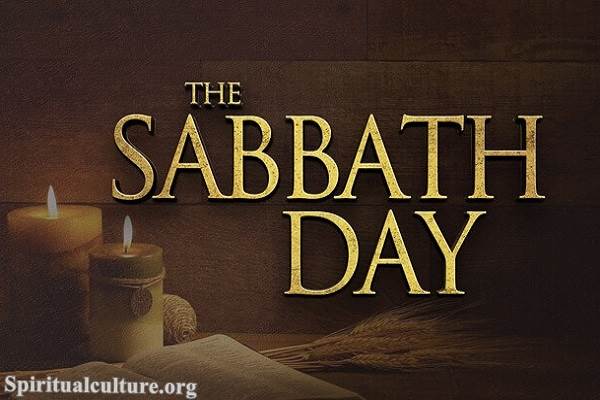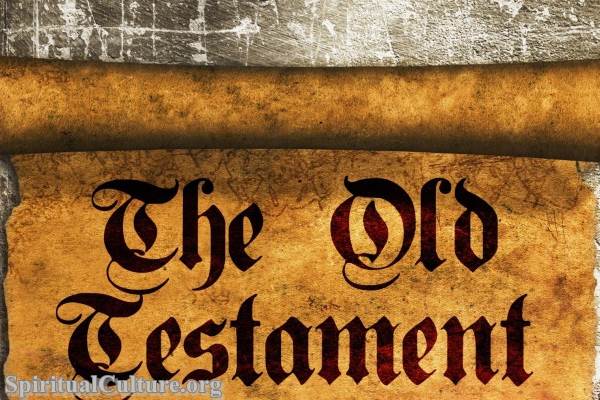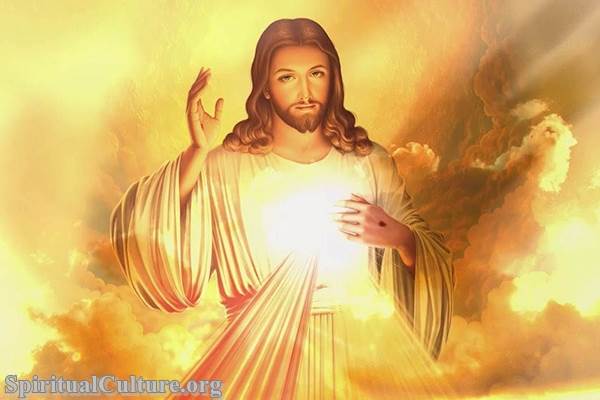The concept of the Sabbath, or the Sabbath Day, is a significant part of many cultural, religious, and historical narratives.
It has a rich history that spans thousands of years and has been deeply ingrained in the beliefs and practices of various communities worldwide. In this article, we will delve into the meaning and meaning of the Sabbath day in Christianity and Judaism
What is Sabbath day?
The Sabbath, also known as the Sabbath Day, is a term that has been deeply embedded in the religious fabric of various cultures and societies across the globe.

Rooted in the Hebrew word “Shabbat,” which translates to “rest” or “cessation,” the Sabbath day has been observed as a day of rest, reflection, and worship by numerous faiths, most notably Christianity and Judaism. But what is the Sabbath day and what is its significance in these two major religions? Let’s delve deeper into the concept.
The Sabbath in Christianity
In Christianity, the Sabbath is traditionally observed on the seventh day of the week, Sunday, reflecting the belief in Jesus Christ’s resurrection on the first day of the week. The concept of the Sabbath day in Christianity is deeply rooted in the Bible, specifically in the Genesis account of creation where God created the universe in six days and rested on the seventh.
Christians view the Sabbath day as a day of rest and worship, a day to refrain from work and dedicate time to spiritual reflection. It is a day to gather for communal worship, often involving a church service where scriptures are read, hymns are sung, and sermons are delivered.
The observance of the Sabbath in Christianity also serves as a reminder of God’s covenant with His people, as expressed in the Ten Commandments: “Remember the Sabbath day, to keep it holy. Six days you shall labor, and do all your work, but the seventh day is a Sabbath to the Lord your God. On it you shall not do any work…”
However, the manner in which the Sabbath is observed can vary widely among different Christian denominations. Some groups, such as the Seventh-day Adventists, observe the Sabbath from Friday evening to Saturday evening, in line with Jewish tradition, while others, like most Protestant and Catholic communities, celebrate it on Sunday.
The Sabbath in Judaism
In Judaism, the Sabbath (Shabbat in Hebrew) is considered one of the most important rituals and is observed from sunset on Friday until nightfall on Saturday. The Sabbath day is deeply ingrained in Jewish law and tradition, with its observance considered a cornerstone of Jewish life.
Similar to Christianity, the concept of the Sabbath in Judaism is derived from the biblical account of creation, where God ceased from all work on the seventh day. However, unlike Christianity, the day is not only about physical rest but also about spiritual enrichment and celebration.
On the Sabbath day, Jews are prohibited from engaging in any form of work, including cooking, writing, or using electronic devices. The day is typically spent in prayer, study, and spending time with family. It begins with a special Friday night meal, followed by synagogue services on Saturday morning and afternoon.
The Sabbath in Judaism is more than just a day of rest; it is a day of joy and sanctity. It is a time to disconnect from the mundane and connect with the divine. As renowned Jewish Rabbi Abraham Joshua Heschel once said, “The Sabbath is not for the sake of the weekdays; the weekdays are for the sake of Sabbath. It is not an interlude but the climax of living.”
In conclusion, the Sabbath day, while observed differently in Christianity and Judaism, carries a similar theme in both religions: a day of rest, reflection, and connection with God. Whether it is celebrated on a Sunday or a Saturday, the Sabbath serves as a sacred time set apart from the ordinary, a time to pause from the busyness of life and focus on spiritual matters. It is a testament to the enduring nature of faith, a weekly reminder of our spiritual commitments and our relationship with the divine.



